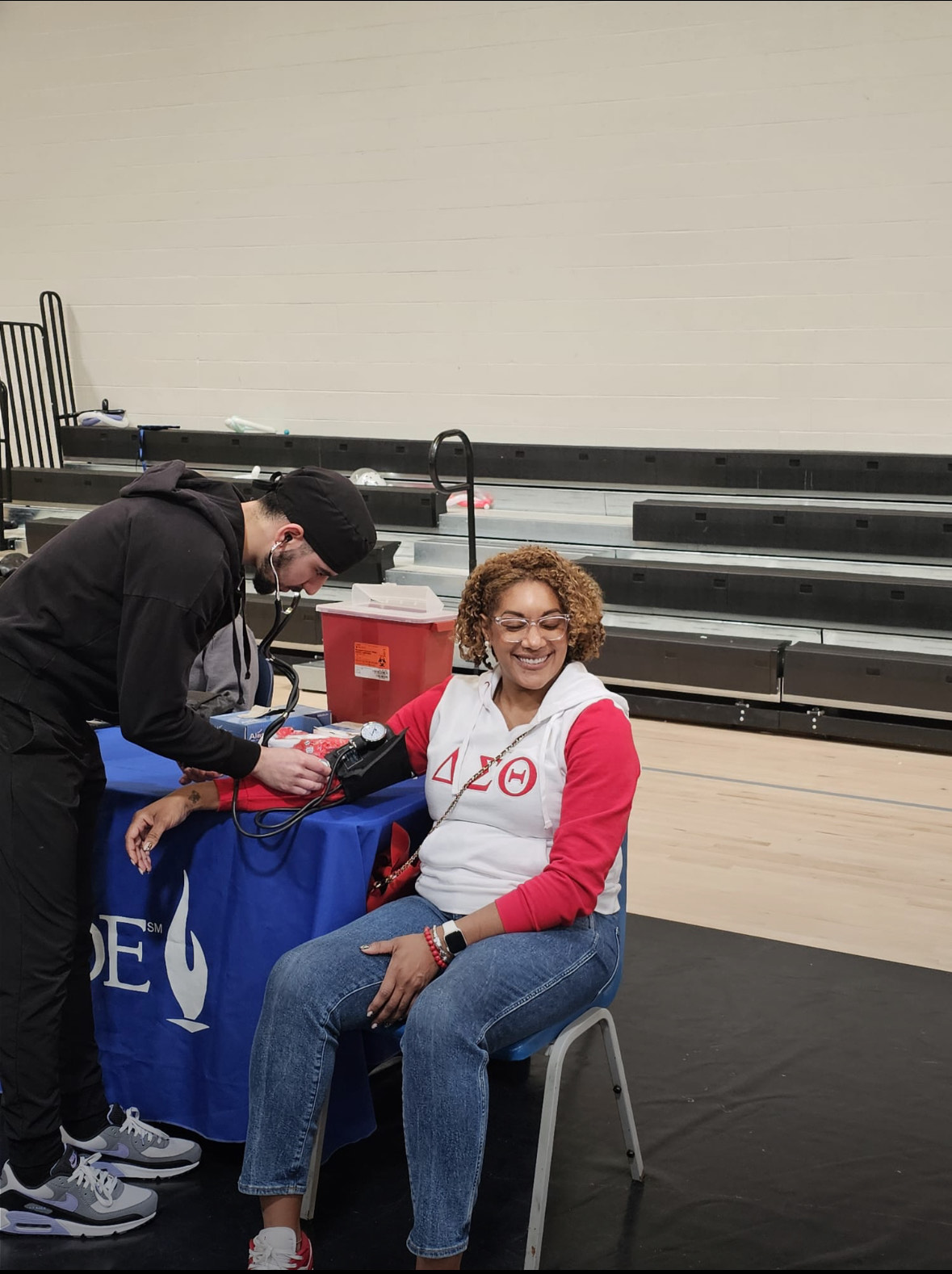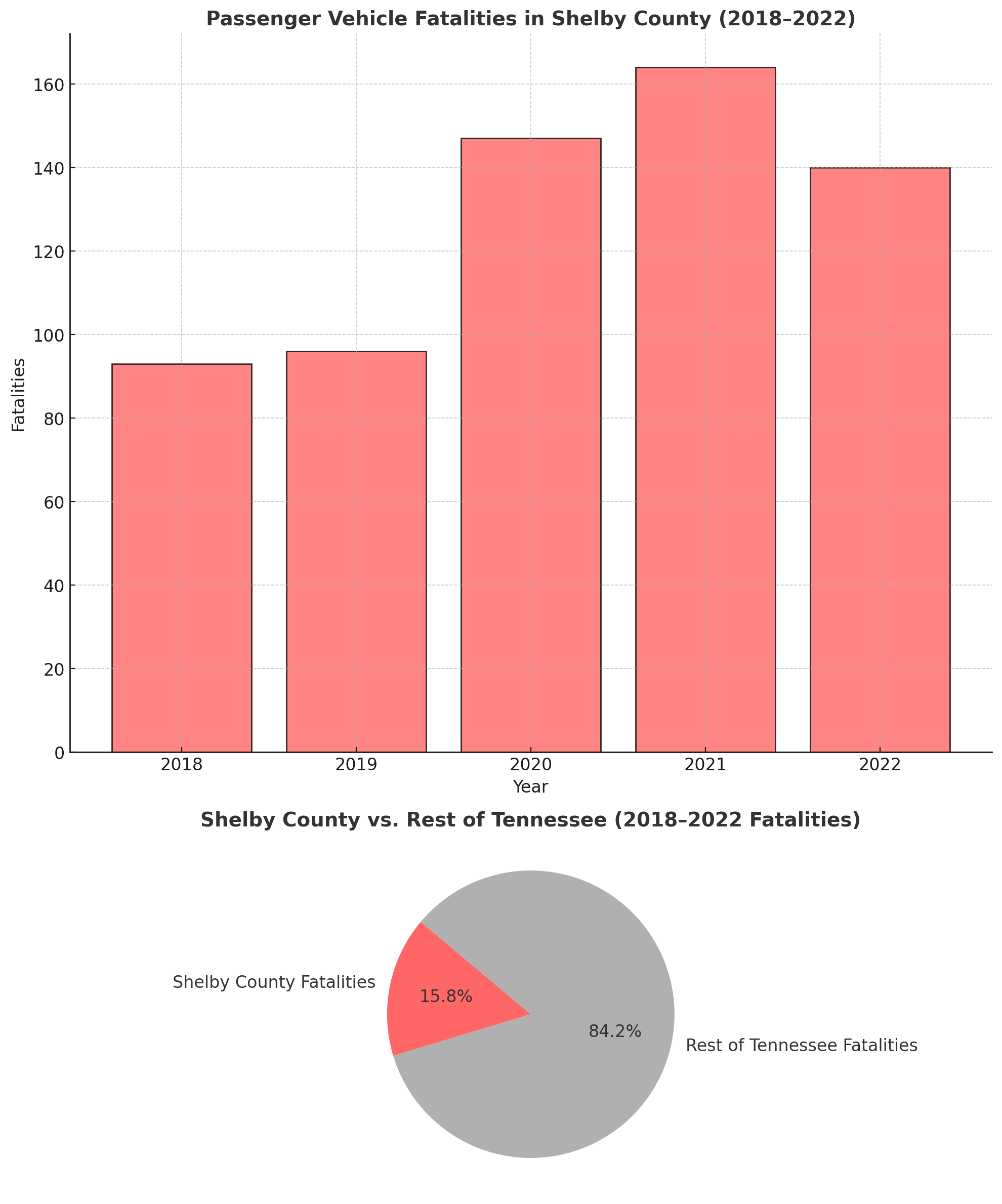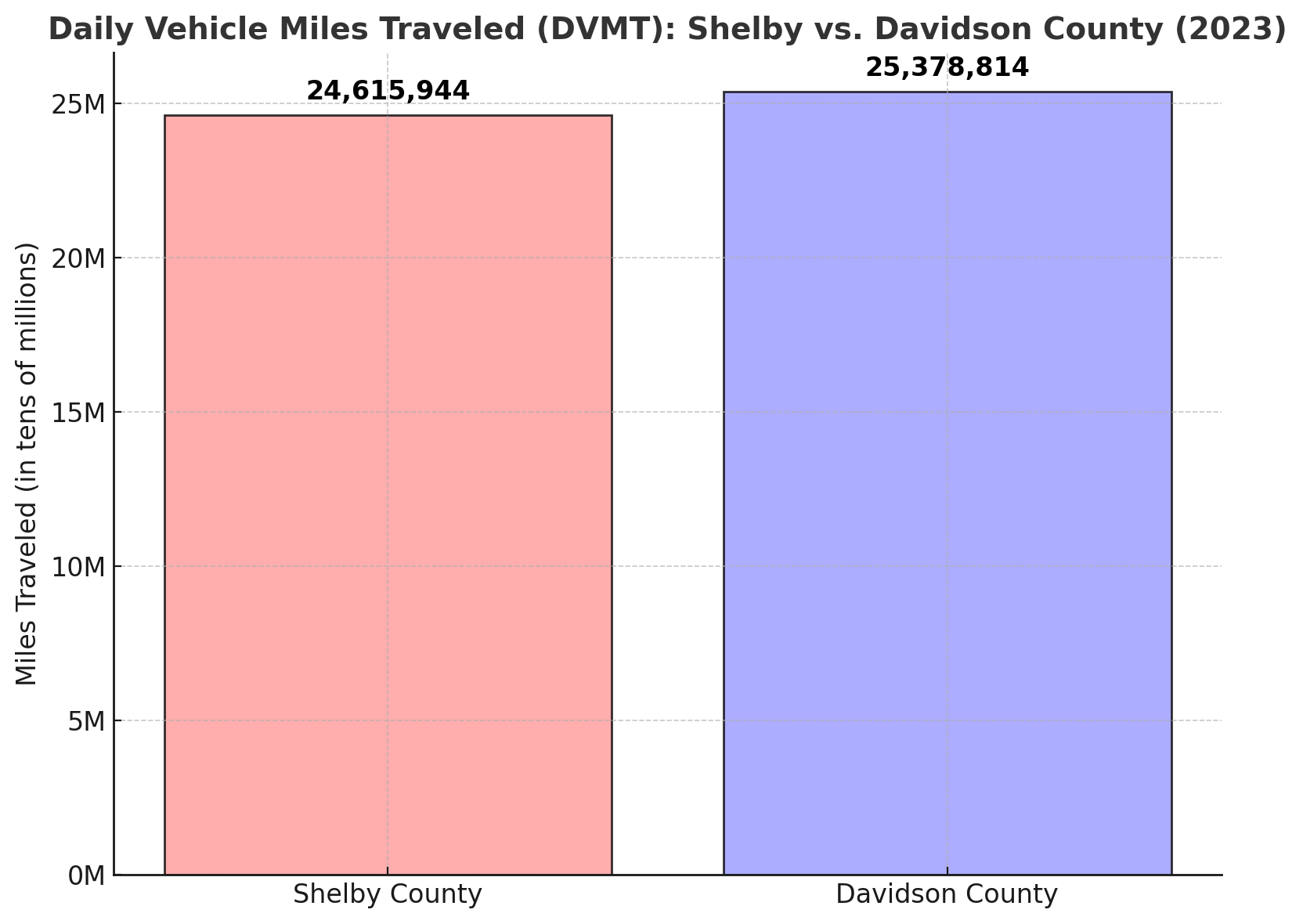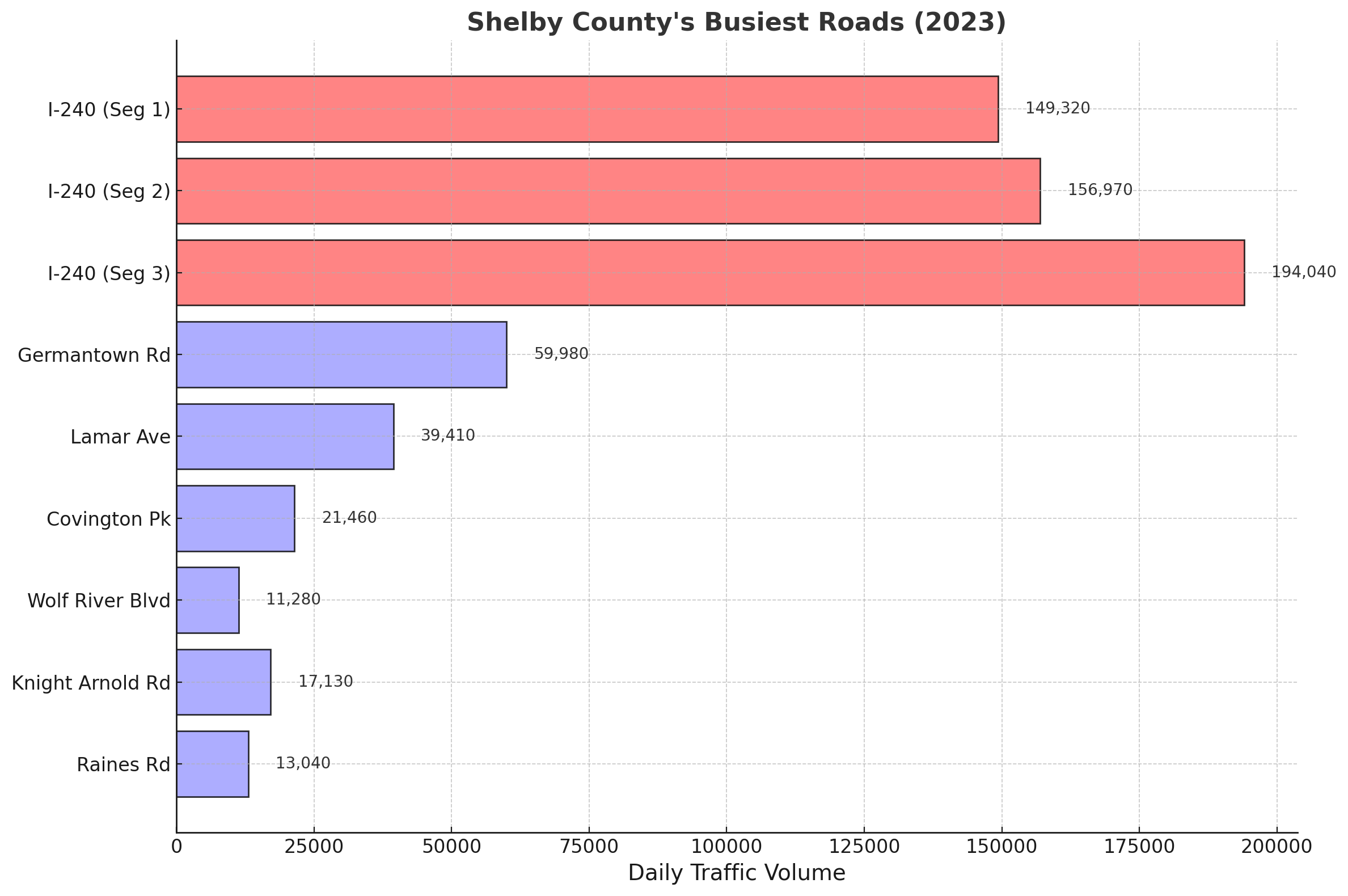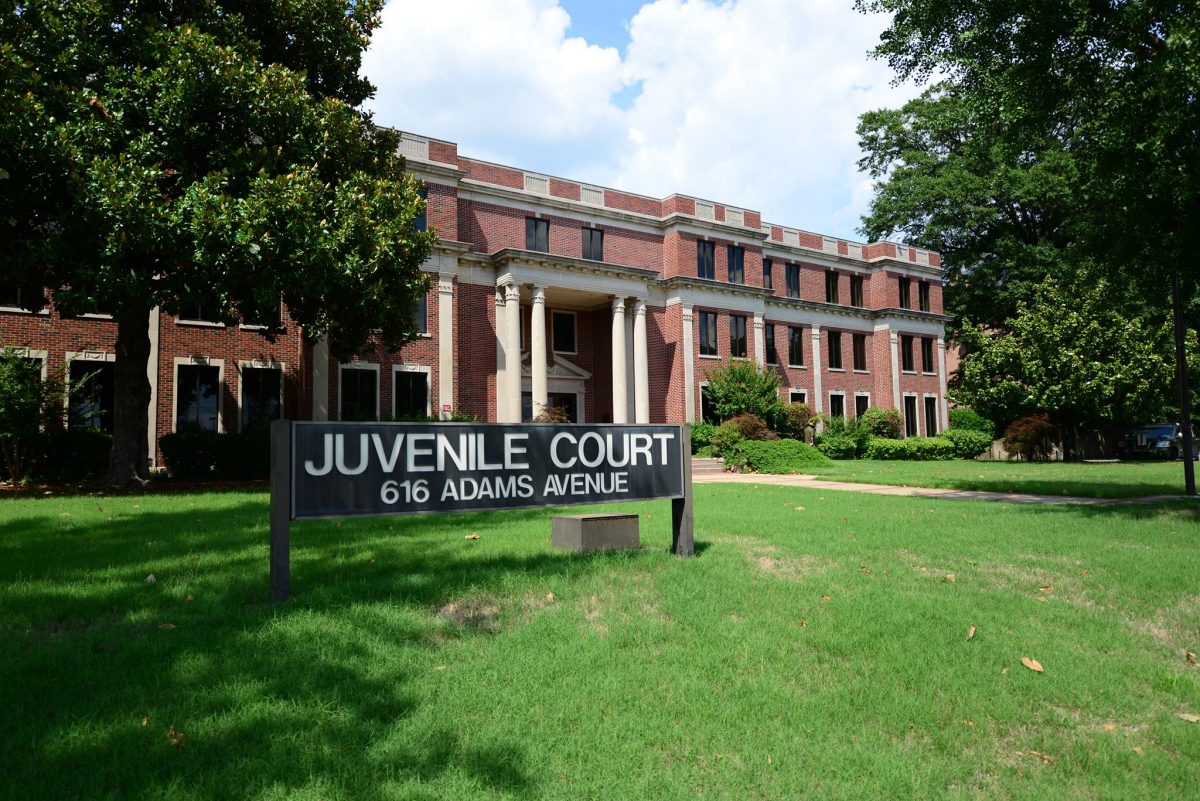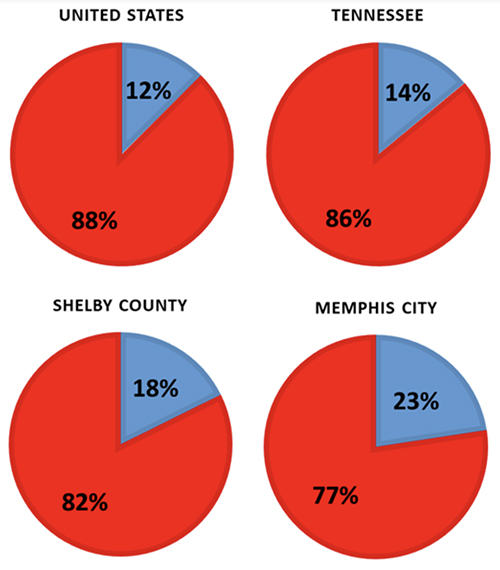The Shelby County Tennessee Alumnae Chapter of Delta Sigma Theta Sorority, Incorporated are maximizing their efforts to improve health and housing outcomes for residents in the city by hosting a Health and Housing Expo on Saturday, April 12.
“It’s our mission to reach as many as we can in our community to deal with all the different issues that are concerning our Black and brown individuals,” Lai Brooks, the chapter’s second vice president and chair of Program Planning and Development said. “Health is one of the main issues [in Memphis], and our housing economic crisis.”
Information from The Benjamin L. Hooks Institute for Social Change at the University of Memphis showed that African Americans make up a majority of the city’s population. A large portion of these individuals have “chronic diseases” such as hypertension, diabetes, and heart disease.
Along with chronic diseases, the institute found “mental health disparities” among Black residents to be “equally concerning” with systemic racism and other societal inequities further complicating the issues.
“Black Americans are less likely than our white counterparts to seek services for mental health,’ Brooks said. “We want to have those mental health providers there — available to talk about signs and symptoms of different mental health disorders. To be physically healthy, your mental health has to also be intact.”
Brooks said the expo will bring health care professionals to the community in an accessible way. Residents will see what health options are available for them whether they have insurance or not. Some resources include the Baptist Women’s Health Center mammography bus, blood pressure and glucose screenings, and HIV testing.
“It is quite important for us to bring those services and resources to the community to be able to show it is okay to tap into these resources,” Brooks said. “Some may not have health insurance and they’re thinking ‘oh I’m not going to be able to seek care,’ but there are free services out there that you can tap into to have wellbeing for your physical and mental health.”
Janet Bedford-Haynes, the chapter’s Economic Development chair, said the expo also seeks to address the city’s home ownership gap.
“It is a fact that the Black homeownership rate is significantly lower than that of white residents,” Bedford said.
She cited information from the U.S. Census Bureau that found a significant gap between Black and white homeownership.
“Our goal is to help bridge that wealth gap by providing resources, connecting the community to industry partners, and really advocating for home ownership in this area,” Bedford said. “It is so important we have representation. Having that representation creates a foundation of trust. Sometimes lack of information may prevent someone from seeking those needs when it comes to health or home ownership.”
Lenders will be available to talk about credit, finances, and the steps to homeownership in a relatable way. Bedford said the chapter hopes this will build confidence for Black residents seeking home ownership.
The event will be held from 11 a.m. to 2 p.m. at the Ed Rice Community Center located at 2935 North Watkins Street.
